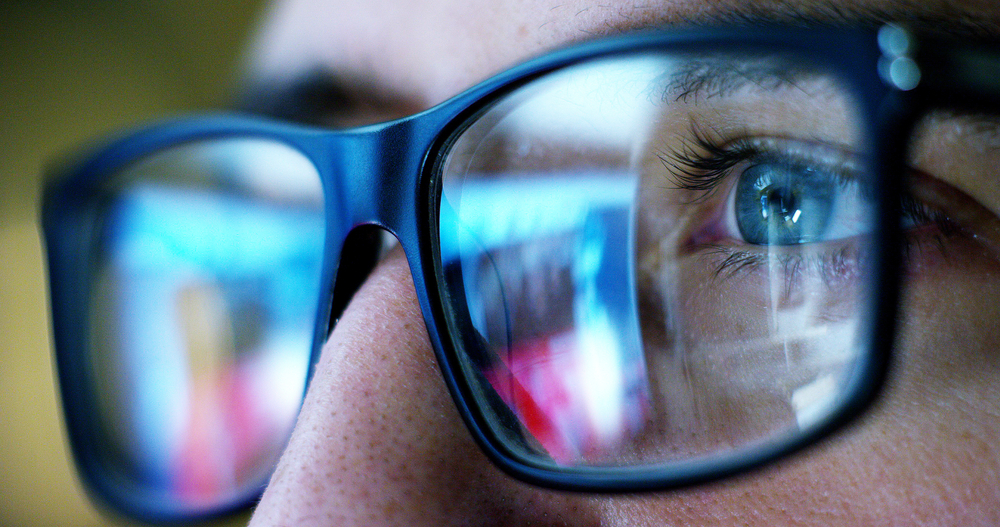A Design Practice for Social Systems
We have an obligation to create design theory and practice that increases player happiness and health.
March 14, 2023,
Abstract
On grim winter days it is easy to feel that we live in a predatory digital ecology intentionally designed to foster negative emotions. We prime players with mechanisms that actively generate social comparison, fear of missing out, loneliness, anxiety, and polarization. Why? So our games can more easily extract their time and cash. What a sad state.
As a designer of social architectures lived in by millions, I doggedly ask myself the following questions. What is a brighter path forward? What adds to our player’s lives? What can we do as smart, thoughtful, caring builders to create new digital worlds that help players thrive?
Because, no matter how gloomy or entrenched certain business practices might be, the future is yet to be written. We have an obligation to create design theory and practice that increases player happiness (both hedonic and eudaimonic) and health (both physical and mental). At the scale of individual players and across massive communities.
I see four opportunities to turn this challenge into a reality.
1. Game as a service aligns business goals with designing for long-term player thriving.
If you talk to any educated operator of a long-lived game service, you realize that a major driver of their business is player retention. The days of infinite sources of new players are long over. Maintaining the players and community you have is essential to the survival of a game service. The simple pitch is this: You may be able to extract time and money from unhealthy players in the short term. But long term, unhealthy players leave extractive services. Thus, player health and thriving should be a top-level strategic mandate for any serious GaaS.
Such an alignment ensures that the human thriving project has access to the resources of the broader commercial industry. However, by making a complex process like needs satisfaction legible to self-serving economic or political interests, we also risk weaponizing our work for evil. Every team should ensure they are fulfilling real human needs over merely inducing needs for profit.
2. Games that build social capital.
One of the root causes of many societal ills, ranging from loneliness to the embracing of extreme ideologies, is the steady erosion of social capital within our communities. People have fewer friends and fewer close friends than in the past. The modern infrastructure of society, optimized for efficiency and individualism, has eliminated many past opportunities for repeat, serendipitous encounters so essential to human bonding. Lonely people desperately want to belong and will latch onto any group, no matter how abhorrent.
Within this broader trend, we are also spending an increasing amount of time in online games. Minecraft is the new American playground, safe from school shootings, car accidents and bad air days. In these designed spaces, we can facilitate people meeting up and sticking together. As Schumpeter’s creative destruction spreads historical communities to the four winds, our games can still connect loved ones across vast distances. We can give them tools to navigate the messy and prolonged process of turning strangers into friends. We are no longer in the business of delivering systems where players make gamified numbers go up. Instead we must build systems that seed and grow vibrant communities.
3. Designing better Petri dish worlds.
A big moment of realization for me is that most of the social sciences are not design practices. They are rife with theory and rhetoric and have dearth of practice. In particular, they struggle with constructing big holistic human systems that deliver community-scale results. Yet this is exactly what game designers must do in order to create ethical and effective social architectures.
Petri Dish worlds Castronova1 are the idea that virtual spaces allow us to easily and quickly alter the fundamental affordances and rules of interaction in a rich, testable fashion. We can experiment and see what works best. In the land of game development, humans are not theoretical entities. They have hard constraints (time, attention, Dunbar’s layers) in observable contexts (social networks, social norms, group sizes) with observable actions (in-game events, longitudinal logs, self reports).
This is a design problem. One we can iterate upon to achieve our aesthetic design goals.
I see a grand opportunity to re-imagine digital systems of governance, adjudication, and legislation. What are the choice architectures that lead to the greatest human good? What are social network structures (now visible in the finest of details) that develop and enhance human potential? And critically, we can test and tune our efforts to build something that works?
4. Ethics of designing social architectures.
Tools are amoral beasts who care little if they are used for good or for ill. And we have an immense number of tools currently being deployed. Social network analysis, processes of friendship formation, logistics of group formation, norm setting, community management, and so on.
It is worth taking an inventory. What are these tools? What are best practices?
But equally important, towards what end should these tools be used? Any community is ultimately founded on a set of values. Some pragmatic, some moral in nature. They set up expectations of how members of an online community should behave; what is accepted, and what results in corrective action.
As designers of the bones of these social systems, we have a duty to be thoughtful and ethical about what systems we build. What values should we promote (kindness, empathy, higher purpose, diversity)? What are our limits? Given the goal of facilitating human thriving, what are the lines we should not cross?
Moving toward an Established Field of Social Systems Design
Long term, I would love to see the discipline of social systems design emerge as a major role within future game development.
- It should be the heart of any business who makes long-lived games that sustainably fulfill player needs.
- It should focus on building positive social capital.
- It should build up a set of tested design practices that help generate healthy communities.
- It should establish ethical guidelines for practitioners.
References
- Castronova, E. and Falk, M. Virtual worlds as petri dishes for the social and behavioral sciences. (RatSWD Working Paper Series, 47), (2008), Berlin: Rat für Sozial- und Wirtschaftsdaten (RatSWD); https://nbn-resolving.org/urn:nbn:de:0168-ssoar-412493.
Copyright
© 2023 Copyright held by the owner/author(s).
Share this story. Choose your platform.
Want more updates and information from ACM? Sign up for our Newsletter.
Related Articles

The Toxic Cost of Cheap Usernames
Toxicity in video games, acting in a rude, abusive, bullying, or deliberately losing manner, ruins competitive team-based video game experiences for everyone involved.
August 12, 2024,

What Are the Points of Concern for Players about VR Games
In recent years, the VR boom has signaled fruitful applications in fields such as education, industry, animation, and entertainment.
August 22, 2024,

An Empirical Study of VR Head-Mounted Displays Based on VR Games Reviews
In recent years, the VR tech boom has signaled fruitful applications in various fields.
August 22, 2024,

